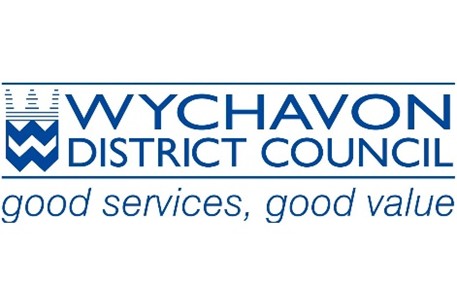Tech Ignorance: 4 Risks for Farmers
In a world dominated by technology, the agricultural sector is not exempt from the sweeping changes that digital transformation brings. While the image of a farmer may traditionally be associated with manual labour and rustic tools, the reality is that modern farming is increasingly dependent on technology for efficiency, sustainability, and profitability. Ignoring this technological shift can come at a high cost, putting farmers at several risks. Here, we outline four such risks that result from tech ignorance in farming.
1. Reduced Competitive Edge
One of the most immediate risks of lagging in tech adoption is losing your competitive edge. Farmers who embrace technology—whether it’s GPS-guided machinery, drones for field monitoring, or smart irrigation systems—have a significant advantage over those who stick to traditional methods.
The use of real-time data to inform decisions can make operations more efficient, reduce waste, and ultimately lead to higher yields and better quality produce.
Farming is a highly competitive sector, especially with the increased capabilities for export and the globalisation of food markets. The farmer who uses technology to increase productivity will stand head and shoulders above their less tech-savvy peers.
2. Lower Profit Margins
The cost of operation is a constant concern for farmers. Technology can significantly cut down these costs through automation, optimised resource allocation, and better yield predictions. A reluctance to invest in technology can mean stucking with inefficient methods that eat into your profit margins.
For instance, modern fertiliser dispensers can calculate the exact nutrients needed for different sections of a field, eliminating the waste associated with manual scattering. Ignoring such technology is effectively throwing money away, as you end up using—and paying for—more resources than necessary.
3. Unsustainability and Environmental Impact
Today’s consumer is increasingly concerned about the environmental impact of their choices, including the food they eat. Ignoring tech solutions can not only lead to unsustainable farming practices but also put you out of favour with environmentally-conscious consumers.
Technology can help in resource management, reducing the wastage of water through smart irrigation, for instance. It can also help in planning sustainable crop rotations, monitoring soil health, and even in tracking the carbon footprint of your farming practices. Tech ignorance in this context puts the environment and your reputation at risk.
4. Inability to Adapt to Market Changes
The market is continuously evolving, influenced by factors such as consumer preferences, climatic conditions, and global trade policies. Farmers who are not tech-savvy are slower to adapt to these changes. Whether it’s a shift in demand for a particular crop or the sudden onslaught of a plant disease, technology provides the tools to react swiftly and adequately.
For example, predictive analytics can give you insights into future market demands, allowing you to switch crops before it’s too late. Similarly, drones fitted with thermal cameras can quickly detect diseased or infested plants, helping you to take immediate remedial action.
Ignoring these technologies can result in poor decisions that take a longer time to rectify. In the worst case, it can mean the loss of an entire season’s yield.
Tech Ignorance: The Imperative of Embracing Technology
Given these considerable risks, tech ignorance is not an option for today’s farmers. The upfront cost of technology should be viewed as an investment that will pay off in increased efficiency, sustainability, and profits. However, it’s also essential to choose the right technology and to learn how to use it effectively. Training and education are as crucial as the technology itself.
Don’t let tech ignorance put you and your farm at risk. Start exploring the tech solutions that best fit your needs today and equip yourself with the tools to make your farm more productive, more sustainable, and more profitable.
By understanding and adopting new technologies, you can reduce these risks and position yourself for success in the modern agricultural landscape.
Want to learn more?



